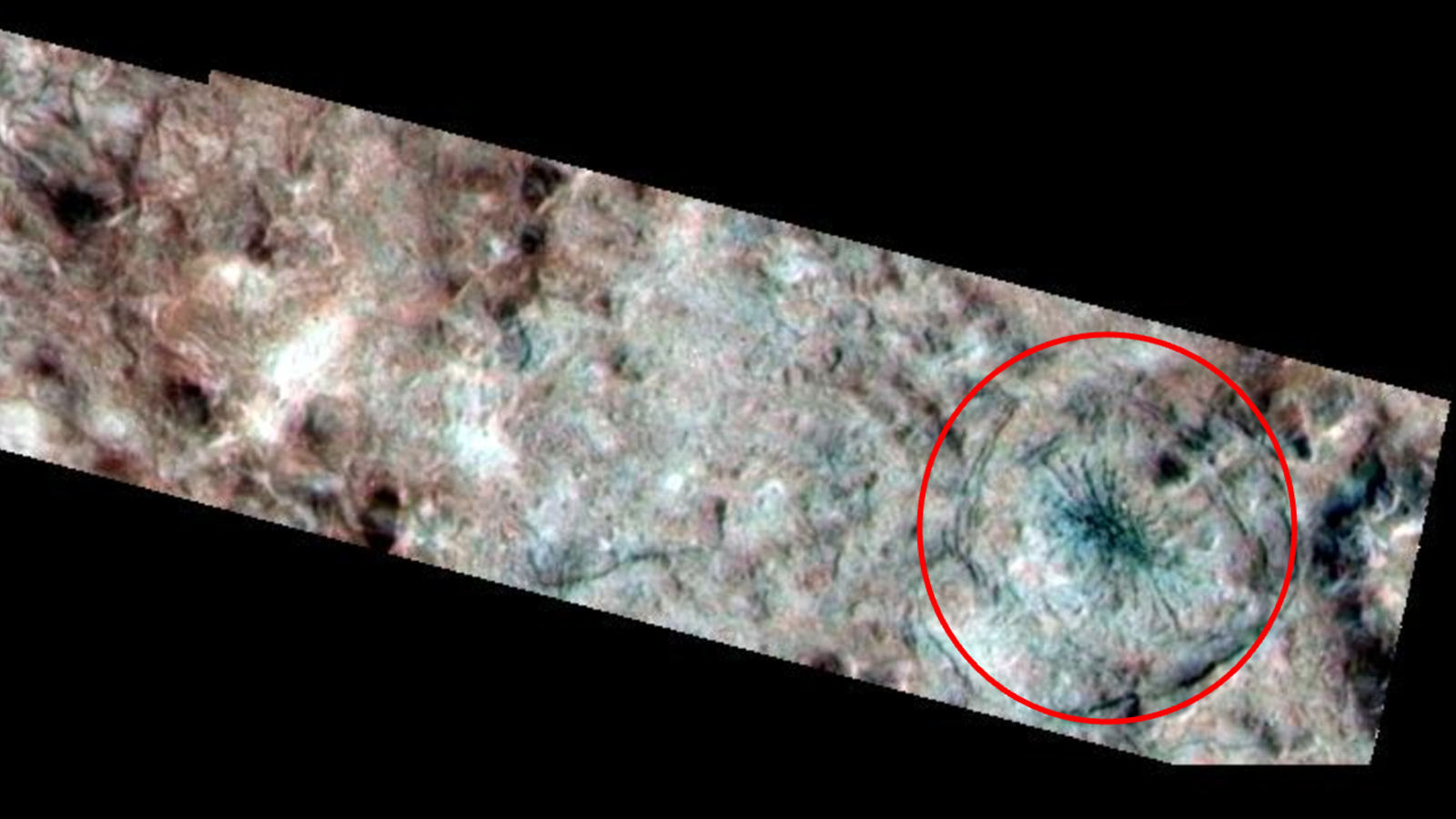Does Sugar Make You Stupid?

This story was updated Friday May 18, 5:40 pm.
A study on rats suggests that eating a high fructose diet for as little as six weeks may make you stupid. Luckily, a diet high in omega-3 fatty acids can counteract this IQ loss, researchers suggest.
"Our findings illustrate that what you eat affects how you think," study researcher Fernando Gomez-Pinilla, of the University of California, Los Angeles, said in a statement. "Eating a high-fructose diet over the long term alters your brain's ability to learn and remember information. But adding omega-3 fatty acids to your meals can help minimize the damage."
The study was published in the May 15 issue of the Journal of Physiology. The research was done on rats, but the researchers believe their brain chemistry is similar enough to humans to extend the findings.
Sugar v. syrup
The researchers studied fructose, a type of sugar commonly ingested as a component of high-fructose corn syrup, an inexpensive liquid sweetener that is commonly added to processed foods, including soft drinks, condiments, applesauce and baby food. [7 Biggest Diet Myths]
The average American consumes 47 pounds of cane sugar (which only contains sucrose) and 35 pounds of high-fructose corn syrup (which contains 55 percent fructose) per year, according to the U.S. Department of Agriculture. Some scientists even think sugar should be taxed the way alcohol and tobacco products are.
Get the world’s most fascinating discoveries delivered straight to your inbox.
"We're less concerned about naturally occurring fructose in fruits, which also contain important antioxidants," Gomez-Pinilla said. "We're more concerned about the fructose in high-fructose corn syrup, which is added to manufactured food products as a sweetener and preservative."
Maze & Memory
Before starting the experimental diet the rats were taught to navigate their way through a maze using visual landmarks to remember the way.
The researchers then separated the rats into two groups, both consumed a fructose solution as their water, but one half of the rats also received omega-3 fatty acids, which are thought to protect against damage to the synapses — the chemical connections between brain cells that enable memory and learning. After six weeks of their new diet, the researchers tested the rats' recall of the maze route.
"The second group of rats navigated the maze much faster than the rats that did not receive omega-3 fatty acids," Gomez-Pinilla said. "Their brains showed a decline in synaptic activity. Their brain cells had trouble signaling each other, disrupting the rats' ability to think clearly and recall the route they'd learned six weeks earlier."
Sugar problems
The rats fed high levels of fructose developed insulin resistance, which the researchers think may be what's hurting the brain cells.
Insulin resistance due to the constant flow of fructose may have changed how cells use and store sugar and use it as the energy required for processing thoughts and emotions. (sugar is the only fuel that brain cells know how to use.) If the brain cells can't use insulin correctly, it could impact how they work.
"Insulin is important in the body for controlling blood sugar, but it may play a different role in the brain, where insulin appears to disturb memory and learning," Gomez-Pinilla said. "Our study shows that a high-fructose diet harms the brain as well as the body. This is something new."
Their study also suggests that omega-3 fatty acids may help protect or heal the brain from this damage, Gomez-Pinilla said, though researchers aren't sure how either of these effects happen at the molecular level in the brain. He recommends taking one gram of omega-3 fatty acids per day.
Editor's Note: This story has been revised to correct information about high-fructose corn syrup, and to clarify that the study was on fructose alone, not high fructose corn syrup.



